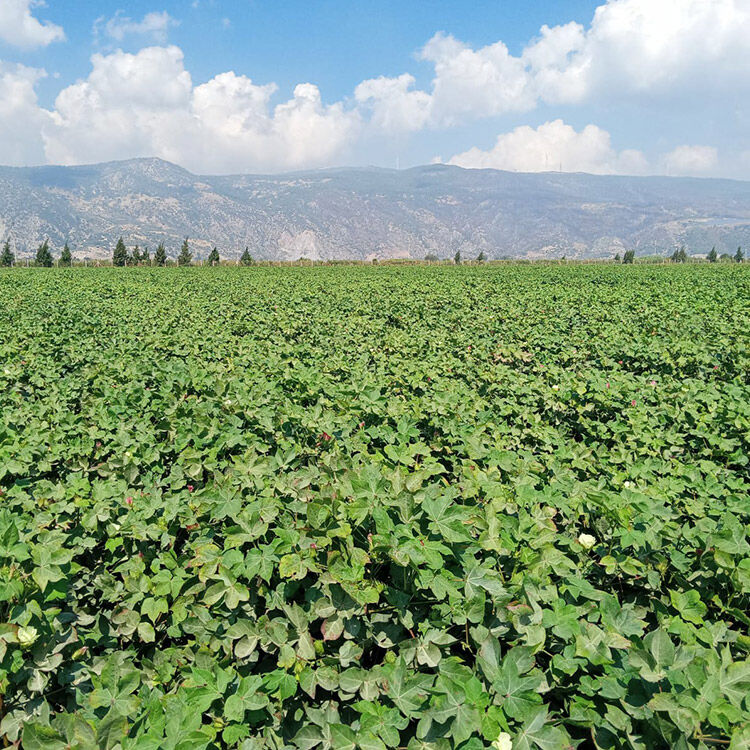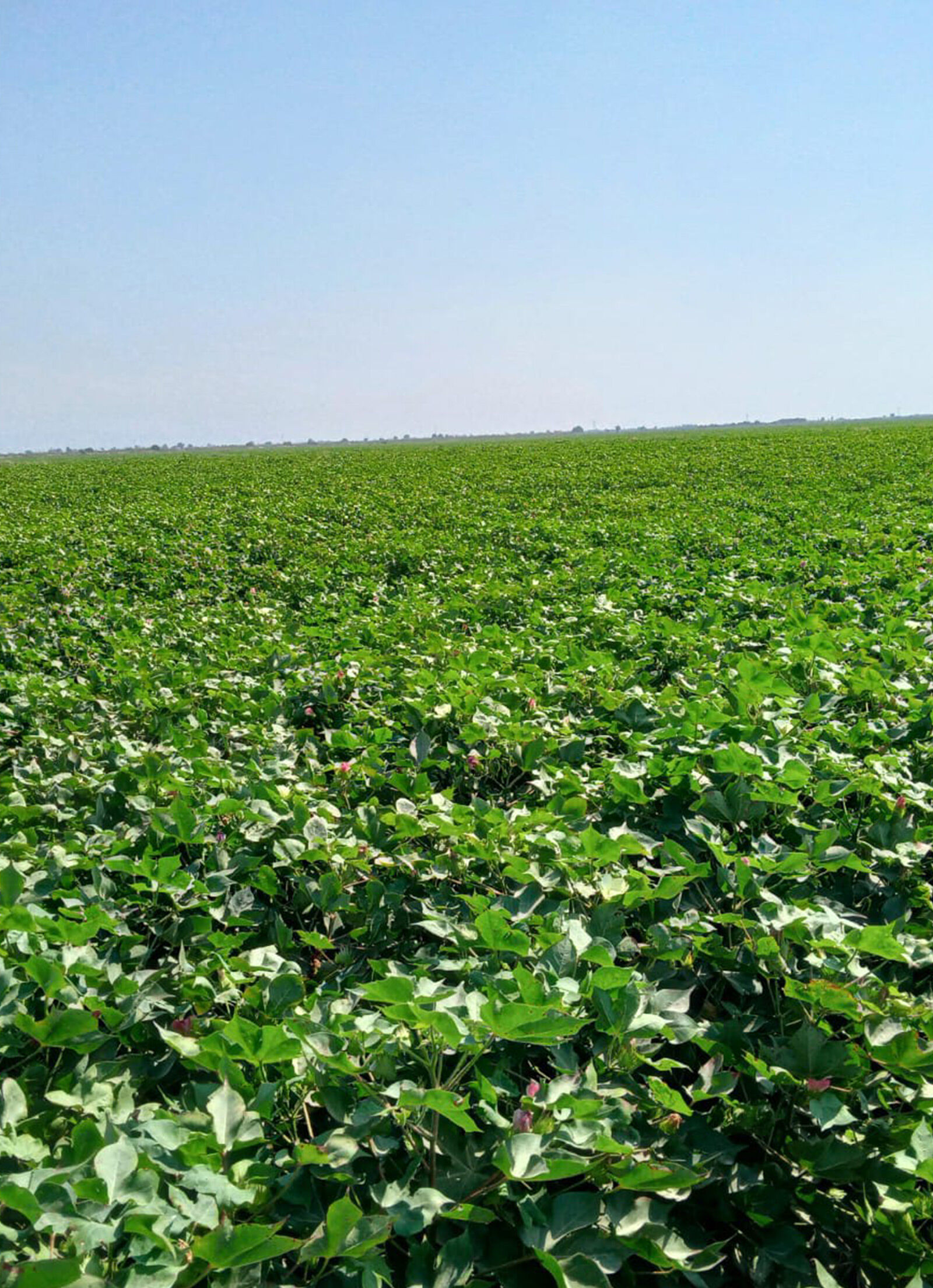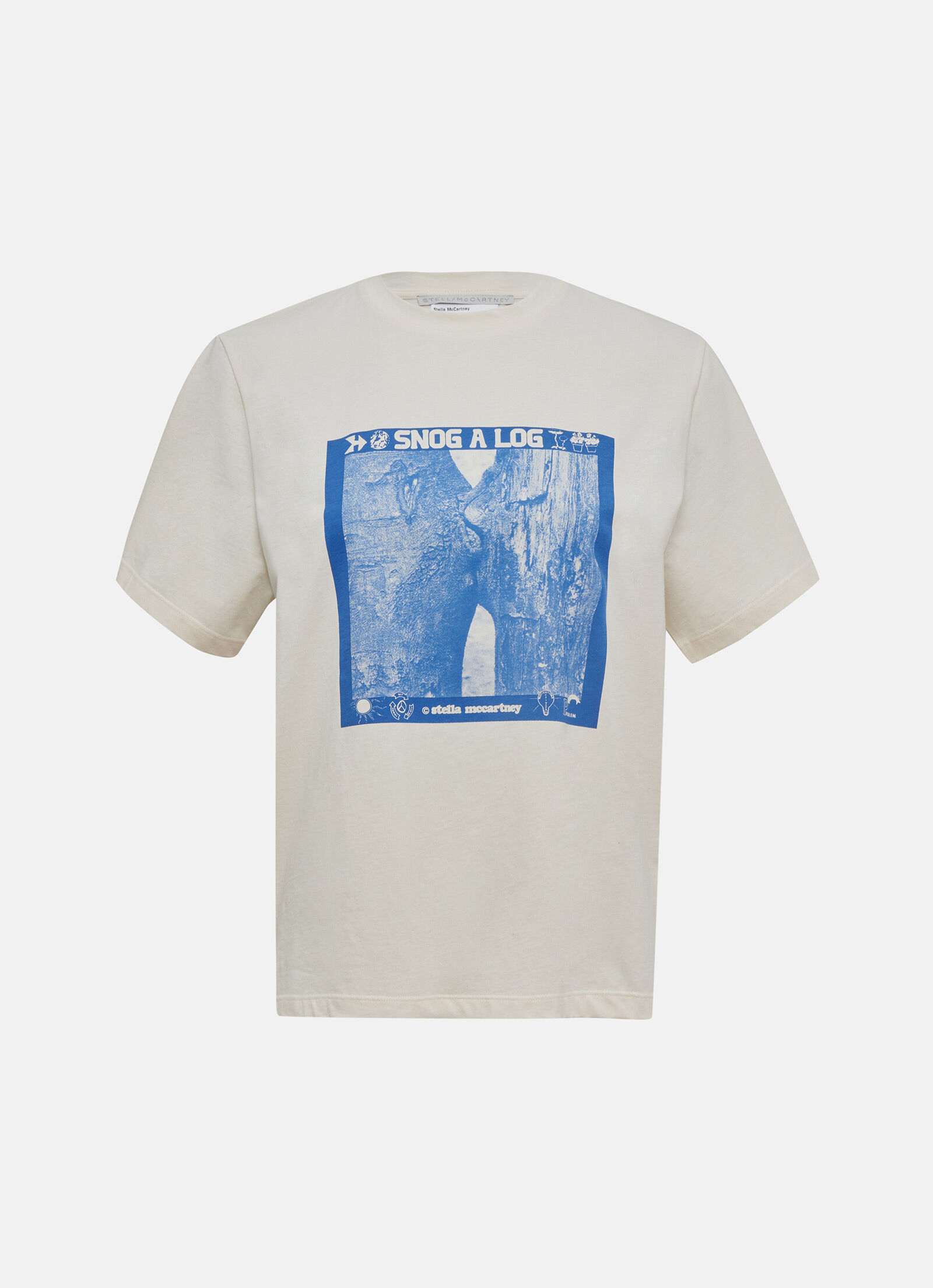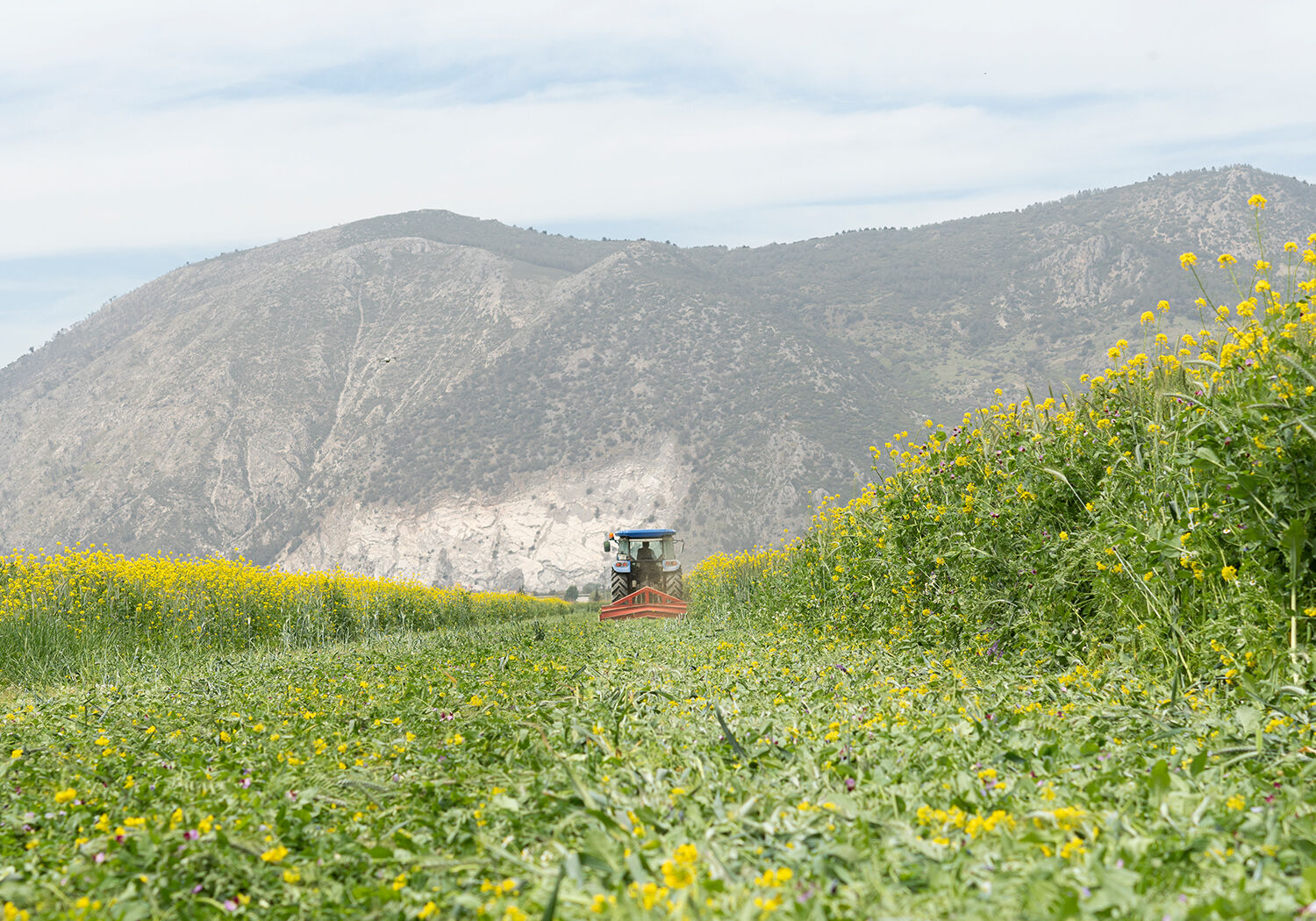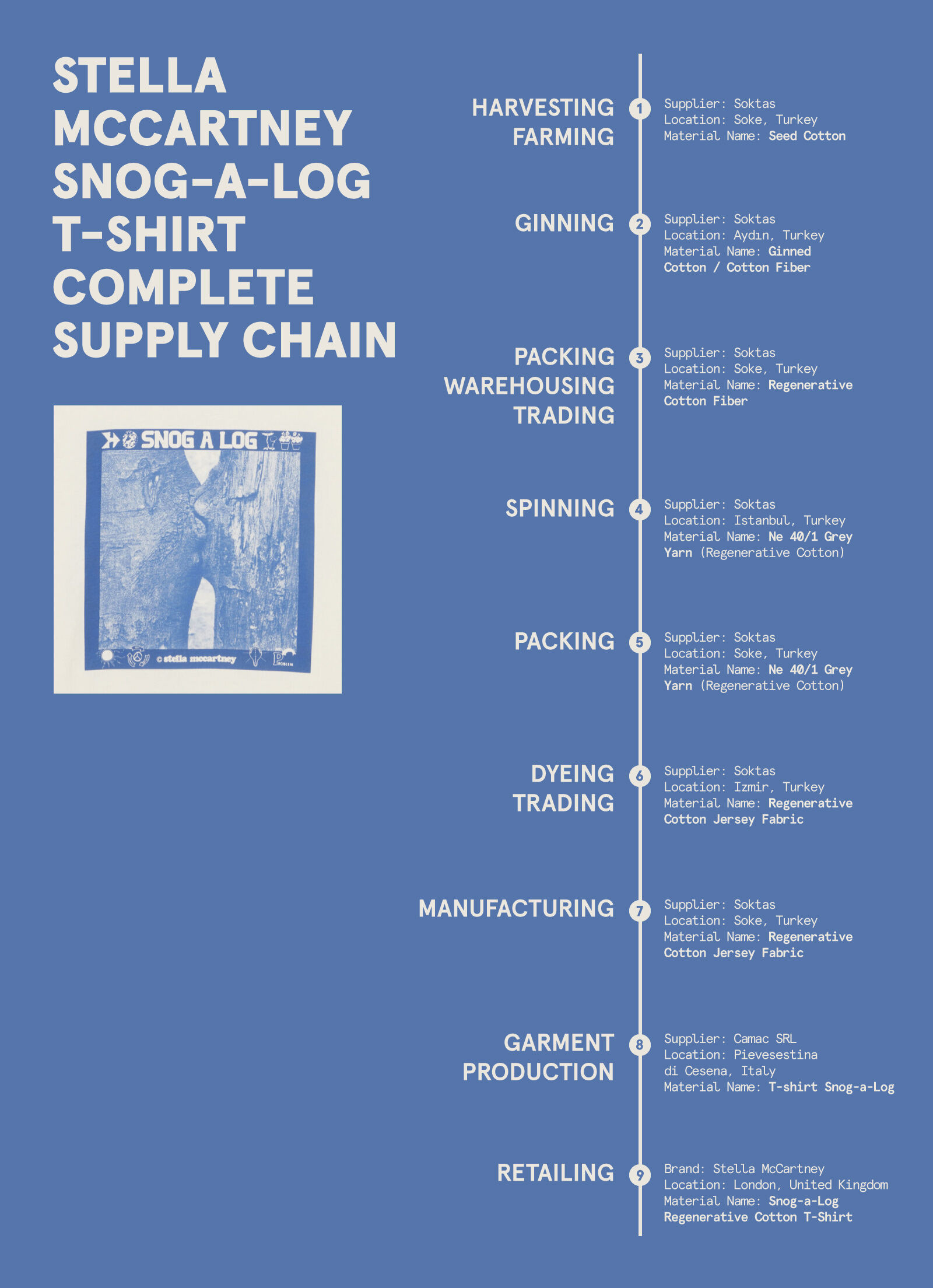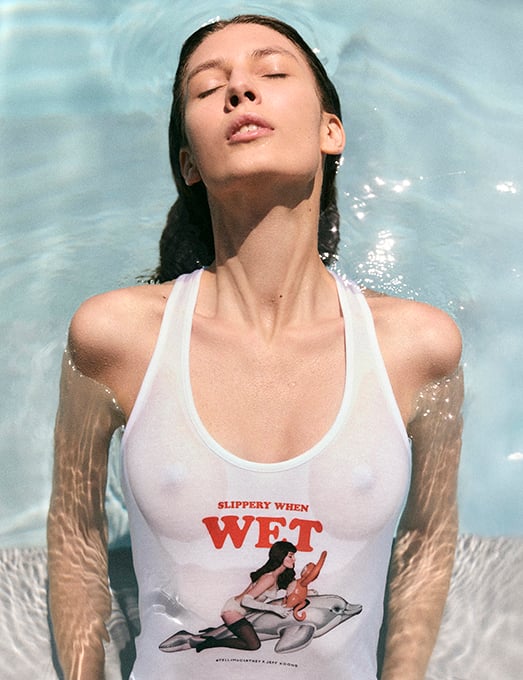Regenerative Cotton
What is regenerative sourcing?
The future of fashion necessitates creating materials using methods that do not just take from Mother Earth, but give back to her. Regenerative sourcing involves a nature-positive approach to fibre production. These methods ensure that the fibre production process does not destroy land and soil, but instead actively rebuilds and restores it with measurable benefits – helping to fight climate change and protect biodiversity, whilst enabling farmers and local communities to flourish and thrive.
By using regenerative sourcing methods for virgin natural materials, we are able to retain luxury quality, feel and longevity whilst minimising –and actively reducing- our environmental impact. At Stella McCartney, we believe regenerative agriculture is essential today in order to protect our planet for the generations of tomorrow – beginning with one of our most used fibres, cotton.
Discover more about our regenerative sourcing.
Why regenerative cotton over organic cotton?
Since 2008, we have been using certified organic cotton. The benefits of regenerative cotton make huge progress over those of organic cotton. Whilst organic cotton reduces negative impacts compared to conventionally produced cotton –using less pesticides, fertilizers, insecticides and water– it doesn’t go beyond this, and soil and ecosystems are often still degraded over time.
Regenerative sourcing methods take a holistic approach to farming, measurably improving environmental conditions and striving to benefit farmers and their surrounding communities through improved crop performance and resilience, increased revenue streams due to crop diversity and beyond. Regenerative cotton sourcing increases carbon sequestration of soils – working to tackle climate change, improving and protecting local biodiversity and putting Mother Earth first.
Sourcing of fibres equates to a significant portion of our total environmental impact. Acknowledging the sheer scale of the problem across the fashion industry as a whole, we believe it is important to help guide and lead the transition to lower-impact –even net-positive- regenerative materials that support a more future-proofed, restorative consumption system.
We have committed to using 100% regenerative, recycled or organic cotton across all of our collections by 2025.
Our SOKTAS partnership
We partnered with SOKTAS, a family-owned cotton producer based in Turkey, to support their transition toward regenerative agricultural practices.
Since our partnership began in 2019, SOKTAS have increased the land farmed regeneratively from 5 hectares to 55 in 2022 – with intention to continue to expand, as well as inspire and educate other local farmers on these methods. We are proud to have 100% traceability from farm to fibre, fabric to finished product. We know exactly where our crops are grown, right down to their specific coordinates.
Our project reports to a strict set of impact measurement KPIs that cover both environmental and social variables. From the 2022 harvest onwards, all SOKTAS regenerative cotton will be RegenAgri certified.
SOKTAS use a robust monitoring system, guided by renowned soil scientist Dr David Johnson, to assess the impacts of their farming and carbon sequestration. Methods include:
- Direct soil measurements
- In-depth soil analysis
- Satellite imagery
- *With additional methods pending
Since beginning the project, we have gained support from LVMH Group and are working closely together to scale the transition to regenerative materials. More recently, we have begun to work with the United Nations Economic Commission for Europe (UNECE) to improve the measurements and verification surrounding the project and implement blockchain traceability across the supply chain, proving and verifying every step.
We understand that through disruptive positive impact can only be achieved through collaboration. This is the future of fashion.
For the first time ever, we are launching regenerative cotton in our collections, sourced from our SOKTAS regenerative patch. Debuting in our Summer 2023 collection, we are proud to announce that our first product launch is a t-shirt crafted entirely from 100% regenerative cotton.
Our UNECE partnership
We are collaborating with United Nations Economic Commission for Europe (UNECE) to develop a regenerative agriculture pilot with blockchain technology. This can trace the product to its origin through documentary evidence and proves its conscious credentials. The partnership is an opportunity to evaluate and apply UNECE methodology for transparency and traceability as well as assess the feasibility of new technologies to measure climate impact and explore the future potential of regenerative agriculture.
